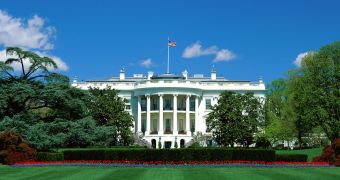Not too long ago, a White House petition was created, asking the US government to restore net neutrality. It quickly got over 100,000 signatures, the necessary number to render an official response from the White House.
The President’s Chief Technology Officer, Todd Park, finally responded to the petition, supporting net neutrality.
“Absent net neutrality, the Internet could turn into a high-priced private toll road that would be inaccessible to the next generation of visionaries,” Park wrote in a blog post, discussing the law that allows Internet service providers to charge more money for visiting various traffic-heavy sites.
He also writes how important it is to preserve an open Internet, not just to allow a free flow of information, but also to promote innovation and economic productivity.
“The resulting decline in the development of advanced online apps and services would dampen demand for broadband and ultimately discourage investment in broadband infrastructure. An open Internet removes barriers to investment worldwide,” he wrote.
As a reminder, last month, a court decided against the Federal Communication Commission (FCC), saying that the agency had no legal power to force service providers to follow net neutrality rules.
The FCC expressed its concern about the ruling and has yet to decide whether to take further legal action on the issue.
Back in 2002, the FCC made the mistake of dubbing ISPs as “information service providers” and not “telecommunications carriers,” ignoring the fact that having access to Internet was a simple utility, just like a landline phone service. The FCC hoped that competition between companies would help level out the playing field and force companies to abide by common sense rules on their own.
Later, in 2005, it tried to take a more active approach and to regulate broadband providers in order to encourage net neutrality and to stop ISPs from charging users more depending on how much bandwidth they used.
Thus, even if the case doesn’t go to court again, the FCC could simply reclassify ISPs as common carriers, which would force them to stop cutting down on connection speed, which companies such as Comcast have been doing for years.

 14 DAY TRIAL //
14 DAY TRIAL //